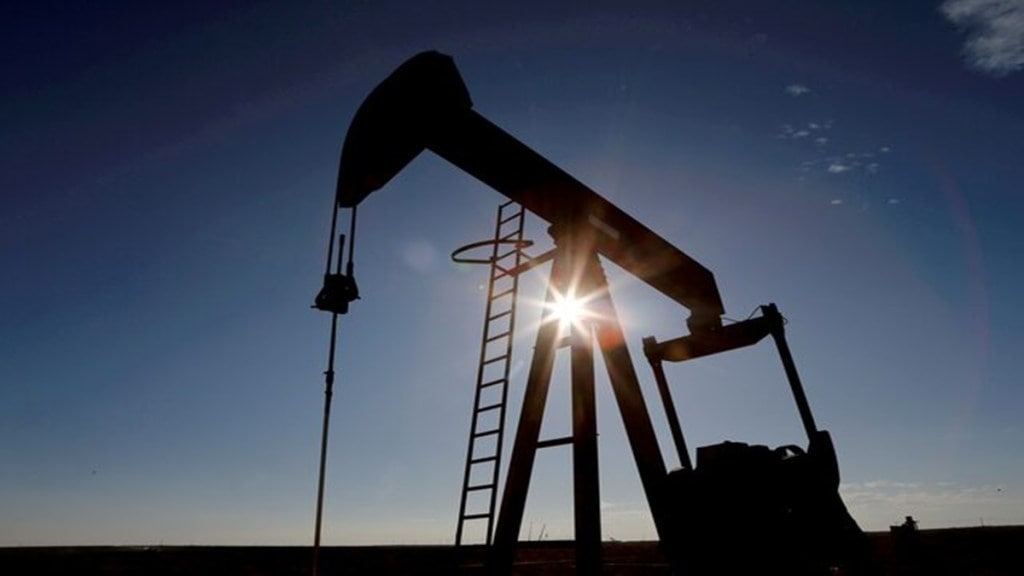Oil prices jumped to 5-month highs in morning trade after the United States attacked Iran’s nuclear facilities and stoked supply worries. The continuing tension between Iran-Israel led to both Brent Crude and Nymex shooting up to the highest levels since January. However, prices have come off morning highs now.
The surge in prices came after US President Donald Trump said he had “obliterated” Iran’s main nuclear sites in strikes. This triggered supply worries globally as Iran is OPEC’s third-largest crude producer. Market participants expect further price gains amid mounting fears about global crude supply flows.
Strait of Hormuz: The big worry
Iran’s Press TV reported that the Iranian parliament had approved a measure to close the Strait of Hormuz. Iran has in the past threatened to close the strait but has never followed through on the move. Although there are alternative pipeline routes out of the region, analysts pointed out there will still be crude volume that cannot be fully exported out if the Strait of Hormuz becomes inaccessible. The current geopolitical risk premium is unlikely to last without tangible supply disruption, analysts said.
Goldman Sachs on Brent Crude
According to a Reuters report, Goldman Sachs expects Brent Crude to briefly peak at $110 per barrel if oil flows through the critical waterway were halved for a month, and remain down by 10% for the following 11 months. However, it still assumed no significant disruption to oil and natural gas supply, adding global incentives to try to prevent a sustained and very large disruption.
Crude: The big risk now
Brent has risen 13% since the conflict began on June 13, while WTI has gained around 10%.
According to market veteran Ajay Bagga, “Iranian asymmetric retaliation is a big risk. This could lead to inordinate market volatility. Oil is jittery as its 24% supply route is under potential closure threat, though history and economic pragmatism both dictate that this will not happen. Traders will get stopped out on both sides in this volatility. Investors should remind themselves that geopolitical conflicts historically represent good buying opportunities. And so it will be for this Middle East conflict .It is good to keep some cash ready to deploy systematically if markets react downwards .
Meanwhile, the unwinding of some long positions accumulated following a recent price rally could cap an upside to oil prices, Ole Hansen, head of commodity strategy at Saxo Bank, wrote in a market commentary on Sunday.

